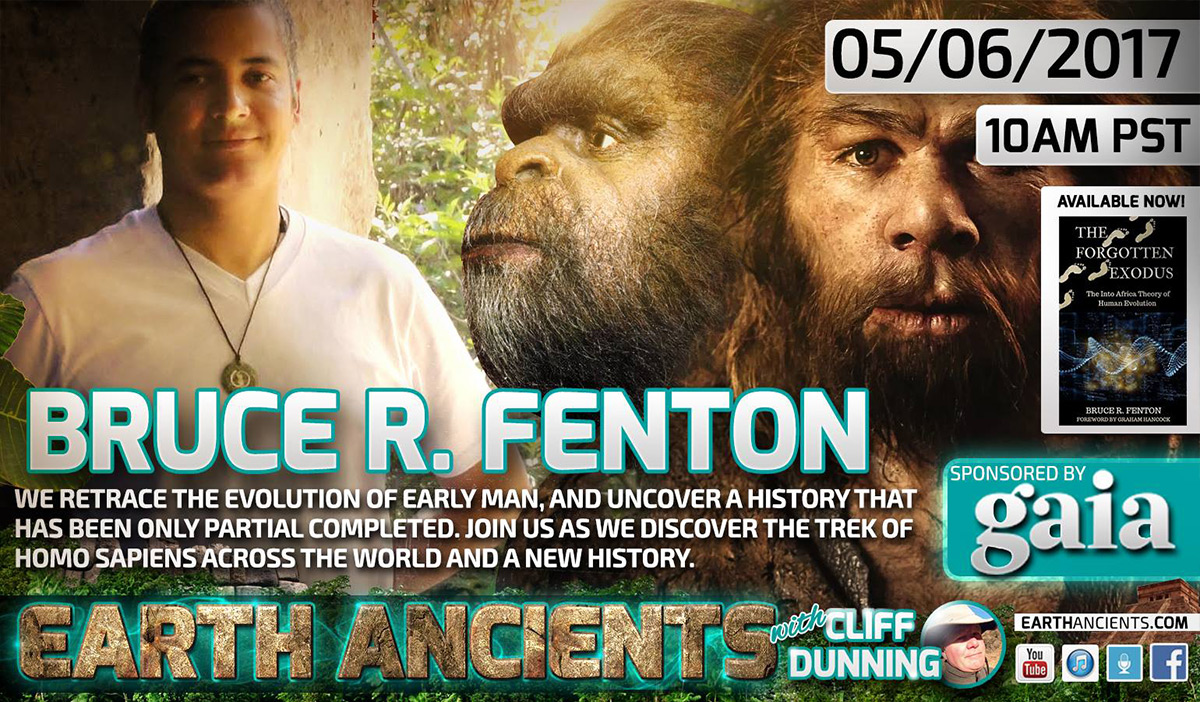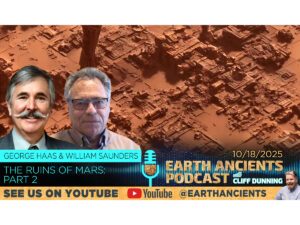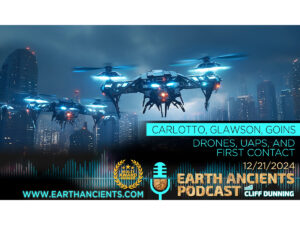Bruce R. Fenton: The Forgotten Exodus, A New Theory on Human Evolution
What happens when paleoanthropologists discover that their only candidate for a human ancestor in Africa is shown to be invalid by both genetic investigations and comparative fossil studies?
We might imagine that the collapse of a scientific paradigm would bring with it lots of noise, but judging by the lack of any media furor I think it is safe to say, ‘not much happens’ because this is exactly the situation. Analysis of both nuclear and mitochondrial DNA from hominin fossils uncovered at the Sima de los Huesos site in Spain, headed by Matthias Meyer of the Max Planck Institute for Evolutionary Anthropology, has revealed a far deeper split between Homo sapiens and Homo neanderthalensis than had ever been considered (potentially over 700Kya). With this one revolutionary finding from Spain, announced by Meyer, came to the end of an era in human evolutionary theories.
With the dismissal of all known candidates, modern humans lacked any potential hominin ancestor. Before 2016 ended, paleoanthropologist Maria Martinón-Torres of University College London, announced that “we should now be looking for a population that lived around 700,000 to 900,000 years ago.”
“In 1982, Alan Wilson and Rebecca Cann, two of the most renowned evolutionary scientists of the modern age, discovered compelling evidence for an Australasian genesis of modern humans. They failed to publish these conclusions, but the facts remained,” claims Bruce Fenton, author of a controversial new book titled The Forgotten Exodus: The Into Africa Theory of Human Evolution.
Bruce Fenton is a British investigative researcher of 25 years, currently based in Australia. His investigations have been featured on the Science Channel and covered by the UK Telegraph.










